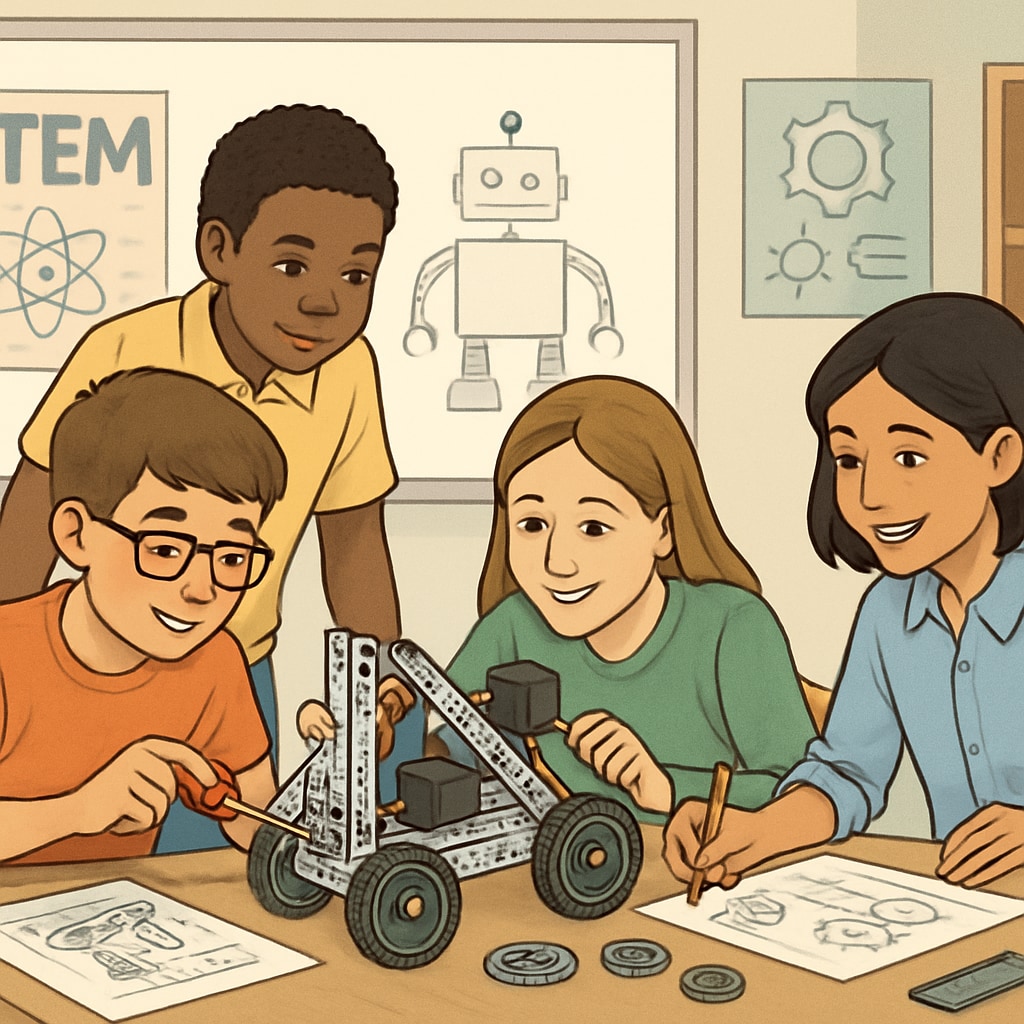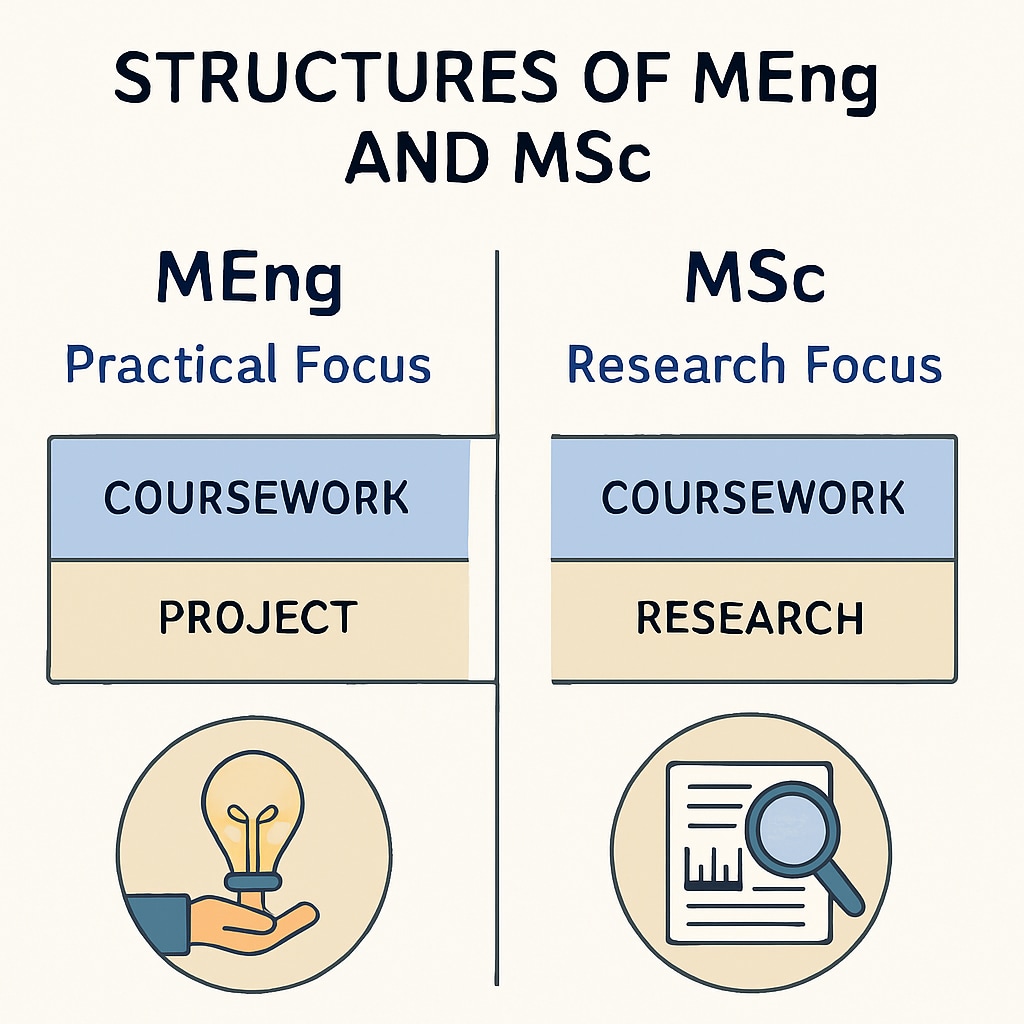In the competitive world of engineering, choosing the right academic pathway is critical. The decision between pursuing a Master of Engineering (MEng) or Master of Science (MSc) degree significantly impacts career opportunities and long-term success. Early exposure to engineering concepts during K12 education plays a vital role in shaping students’ engineering thinking and guiding them toward informed decisions about their academic and professional futures. This article explores the relationship between K12 education, design engineering degree choices, and career development, focusing on how early education prepares students for the challenges of the field.
The Role of K12 Education in Developing Engineering Thinking
K12 education is often the first step in nurturing an interest in engineering. Exposing students to STEM (Science, Technology, Engineering, and Mathematics) concepts during this stage builds foundational skills like problem-solving, critical thinking, and creativity, which are essential for a successful career in design engineering. For example, hands-on projects such as robotics competitions or design challenges encourage students to apply engineering principles in real-world contexts, sparking their curiosity and passion for the field.
Furthermore, integrating engineering-focused curricula in K12 schools helps students understand the diverse applications of design engineering. Programs that emphasize collaboration, computational thinking, and iterative design processes lay the groundwork for future academic and career success. By fostering these skills early, students are better equipped to decide between MEng and MSc pathways, as they already possess a clear understanding of their interests and strengths.

Choosing Between MEng and MSc: Key Considerations
When students reach the stage of selecting a master’s degree, they often face the decision between an MEng and MSc program. While both degrees focus on advanced engineering studies, they differ in structure, focus, and career outcomes:
- MEng (Master of Engineering): Typically, an MEng program is more application-oriented and designed for students pursuing careers in industry. It emphasizes practical skills, project-based learning, and direct preparation for engineering roles in companies.
- MSc (Master of Science): An MSc program is usually more research-focused, ideal for students interested in academia or theoretical exploration. It involves a deeper dive into engineering science and often includes a thesis component.
The choice between these degrees depends on a student’s career goals, interest areas, and skill sets. K12 education plays a critical role in helping students develop clarity about these factors. For instance, exposure to industry-oriented projects during high school may inspire students to pursue an MEng, while early research opportunities could drive interest in an MSc.

Building Career Competitiveness Through Early Planning
In addition to academic preparation, K12 education can also help students develop career planning skills that enhance their competitiveness in the job market. Here are some strategies to consider:
- Career Exploration: Encourage students to explore potential engineering career paths through internships, mentorship programs, and extracurricular activities.
- Skill Development: Focus on building transferable skills such as communication, teamwork, and adaptability, which are highly valued in the engineering industry.
- Networking Opportunities: Provide access to engineering professionals and alumni who can offer insights into degree choices and industry expectations.
By incorporating these strategies into K12 education, students are more likely to approach their academic and career decisions with confidence and a clear sense of purpose.
Conclusion: Preparing Future Engineers for Success
In conclusion, the relationship between K12 education, design engineering degree choices, and career development is deeply interconnected. Early exposure to engineering concepts and career planning during K12 years not only nurtures students’ interest in the field but also equips them with the skills and knowledge needed to make informed decisions about MEng and MSc pathways. By investing in comprehensive engineering-focused curricula and extracurricular programs, educators and parents can help future engineers thrive in a competitive and evolving industry.
As a result, students who have a strong foundation in K12 STEM education are better prepared to navigate their academic journey, ultimately leading to greater career success in design engineering.
Readability guidance: The article uses short paragraphs, structured lists, and relatable examples to ensure clarity and engagement. Transition words are employed throughout to maintain logical flow and coherence.


